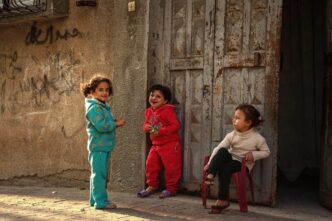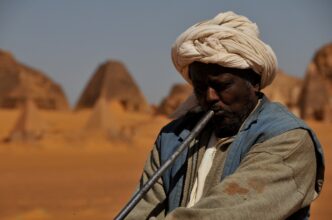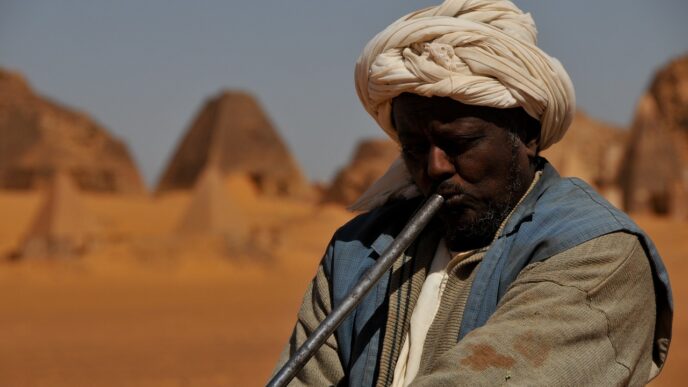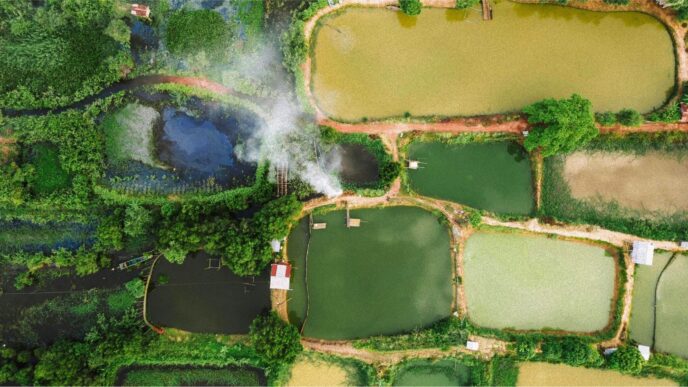Six years ago, the world watched in horror as the Rohingya people of Myanmar fled en masse, escaping brutal military-led massacres, mass rapes, and the destruction of entire villages. In one of the largest forced displacements in recent history, over 740,000 Rohingya crossed the border into Bangladesh, joining hundreds of thousands already living in exile.
What followed was an outpouring of international condemnation, emergency aid, and promises of justice. The UN labeled the atrocities as genocide. Myanmar, under pressure, agreed to facilitate the safe return of Rohingya refugees. Aid agencies rushed to Cox’s Bazar now the world’s largest refugee camp—vowing to support the displaced population.
But six years later, what has actually changed?
- The Rohingya remain stateless, still denied citizenship, rights, and dignity.
- Not a single refugee has been safely repatriated to Myanmar.
- International aid is drying up, leaving refugees in worsening conditions.
- Human traffickers, extremist groups, and criminal networks are preying on Rohingya vulnerability.
- Global attention has faded, replaced by newer crises, shifting geopolitics, and donor fatigue.
The Rohingya crisis is no longer headline news, but for nearly one million displaced people, the nightmare is far from over.
Cox’s Bazar in 2024: Life in the World’s Largest Refugee Camp
Cox’s Bazar, Bangladesh, is home to nearly 1 million Rohingya refugees, most of whom live in overcrowded, unsanitary, and under-resourced camps. Conditions are deteriorating as the Bangladeshi government, struggling with its own economic crisis, cracks down on refugee movement and aid operations.
- Food rations have been slashed—from 12 USD per person per month in 2022 to just 8 USD in 2024 (World Food Programme).
- Education is nearly nonexistent, with the Bangladeshi government restricting formal schooling for Rohingya children.
- Health services are crumbling, with rising cases of malnutrition, infectious diseases, and mental health crises.
- Rohingya movement is restricted, with many being confined to the camps and denied work permits.
For many Rohingya, the camps feel like a permanent prison—a place where they are neither welcome nor able to leave.
The Broken Promise of Repatriation: Why Haven’t the Rohingya Returned?
When the Rohingya first arrived in Bangladesh, repatriation was the stated goal. Myanmar even signed agreements with Bangladesh to take back refugees safely.
Yet, six years later, not a single large-scale repatriation effort has succeeded. Why?
- Myanmar refuses to guarantee safety: The same military that committed genocide remains in power, now engaged in civil war with ethnic rebel groups. Rohingya who return risk persecution, imprisonment, or death.
- No citizenship, no security: Myanmar refuses to restore Rohingya citizenship, meaning they would return as second-class residents with no legal rights.
- The military coup of 2021 derailed diplomacy: Myanmar’s military overthrew the civilian government, pushing the country into deeper chaos, further removing any hope of refugee return.
For the Rohingya, going back without full rights means walking into an open-air prison, or worse, another massacre.
A Life Without Citizenship: The Daily Struggle of Statelessness
The Rohingya are often called the most persecuted minority in the world—and much of this persecution stems from their statelessness. Since 1982, Myanmar has refused to recognise them as citizens, classifying them as illegal immigrants, despite centuries of history in the region.
This lack of citizenship means:
- They cannot work legally leading to reliance on exploitative black-market labor.
- They cannot travel being confined to refugee camps or designated zones.
- They cannot own property preventing them from building stable communities.
- They are denied basic services—education, healthcare, and justice.
Statelessness is not just an administrative issue, it is a systematic tool of oppression, designed to erase an entire people.
Global Fatigue and Donor Neglect: When Aid Becomes Scarce
In the early years of the crisis, international aid poured in. Governments, charities, and the UN pledged support, setting up one of the most expensive humanitarian operations in history.
But today, funding has sharply declined.
- In 2024, the UNHCR received only 34% of its funding appeal for Rohingya aid.
- The World Food Programme cut rations due to financial shortages, leading to severe malnutrition among children.
- Bangladesh is losing patience, pushing for more restrictive policies to discourage refugee presence.
Why is this happening?
- New crises—Ukraine, Gaza, Sudan—have diverted attention and funds.
- Donor fatigue has set in, as the crisis remains unresolved.
- Geopolitical shifts mean Western governments are less invested in Myanmar’s policies.
The Rohingya crisis is being pushed to the sidelines, despite the ongoing humanitarian catastrophe.
Security Threats and Exploitation: The Hidden Dangers Facing the Rohingya
As the world turns away, criminal networks, human traffickers, and extremist groups are taking advantage of Rohingya desperation.
- Human trafficking is rampant—thousands of Rohingya have been kidnapped or lured onto boats, only to be trafficked into forced labor or prostitution in Malaysia, Thailand, and beyond.
- Armed groups are recruiting among desperate youth, promising them a future if they join the fight against Myanmar’s military.
- Drug cartels use Rohingya camps as smuggling routes, bringing violence into already unstable communities.
Without education, employment, or protection, young Rohingya men and women are at high risk of exploitation and radicalization—a direct consequence of their statelessness.
The Role of Muslim Nations: Have We Done Enough?
Despite the Islamic duty to protect the oppressed, many wealthy Muslim-majority nations have done little to help the Rohingya beyond issuing statements of solidarity.
- Saudi Arabia and the Gulf states have not offered large-scale resettlement opportunities.
- OIC (Organization of Islamic Cooperation) countries have failed to put serious diplomatic pressure on Myanmar.
- Muslim humanitarian organisations have helped, but lack government backing to push for real solutions.
The Quran states:
“And what is [the matter] with you that you fight not in the cause of Allah and for the oppressed among men, women, and children?” (Quran 4:75)
Where is this urgency when it comes to the Rohingya?
The UN and International Diplomacy: A Failure in Accountability
Despite strong words from the UN, US, and international human rights organisations, Myanmar’s military remains untouched.
- The International Criminal Court (ICC) has launched an investigation, but progress is slow.
- Economic sanctions on Myanmar are weak, and major powers like China continue to back the regime.
- There has been no global effort to create a legal pathway to citizenship for the Rohingya.
While Myanmar continues to act with impunity, the Rohingya remain in legal, political, and humanitarian limbo.
What’s Next? Can There Be a Real Solution?
Without decisive action, the Rohingya face a future of permanent statelessness, worsening conditions, and continued suffering. But what can be done?
- Legal recognition: Myanmar must be pressured to grant full citizenship and equal rights.
- Resettlement opportunities: OIC and Western nations must open pathways for relocation.
- Stronger international accountability: The ICC must prosecute Myanmar’s military for genocide.
- Sustainable aid models: Funding must shift from short-term emergency relief to education, job creation, and self-sufficiency programs.
The Rohingya Deserve More Than Our Sympathy
Six years on, the Rohingya crisis remains one of the world’s most severe cases of human rights abuse—yet action remains limited. Sympathy is not enough. Condemnation is not enough. The world must act.
If the international community continues to ignore this crisis, we must ask ourselves: Have we abandoned an entire people to permanent exile? Or will we finally push for the justice the Rohingya deserve?














